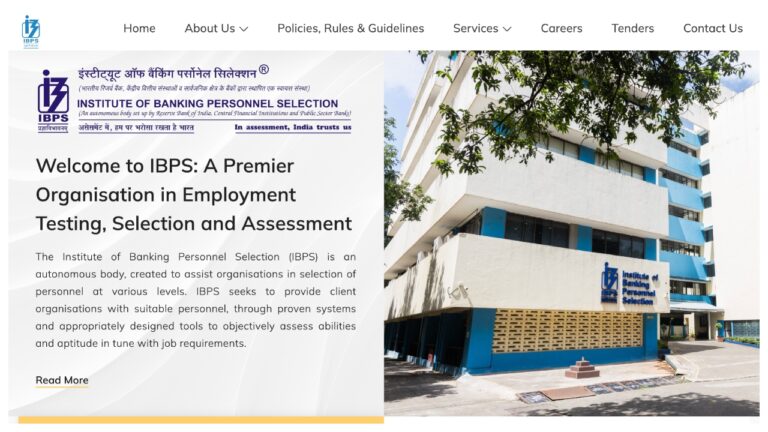With its cooling and refreshing scent, peppermint has been used as a natural treatment for ages. It is known for its digestive benefits and headache relief and promotes overall health. This versatile plant, available in tea, oil, or fresh leaves, soothes stomach disorders and headaches naturally. This article will explain how peppermint may aid digestion and relieve headaches and how to use it every day.
Peppermint for Digestive Health
The digestive advantages of peppermint are well known. Relaxing digestive tract muscles reduces spasms and digestive pain. How peppermint aids digestion:
1. Relieves Indigestion and Bloating
Common digestive ailments like indigestion and bloating may be quite uncomfortable. Peppermint relaxes smooth muscles in the gastrointestinal tract, relieving unpleasant sensations. Relaxation lowers spasms and eases gas passage, reducing bloating, cramping, and pain. Peppermint tea or pills after meals might relieve indigestion and preserve digestive equilibrium.
2. Relieves IBS symptoms
Chronic Irritable stool Syndrome (IBS) affects the large intestine and causes stomach discomfort, bloating, and stool disturbances. Peppermint oil calms the digestive tract, helping IBS symptoms. It relieves IBS pain by reducing gut muscular spasms. This issue may be greatly alleviated by using peppermint oil regularly.
3. Aids Digestion
Fat digestion requires bile flow, which peppermint increases. Improved bile flow improves digestion and nutritional absorption. Peppermint tea and oil may aid digestion, making them essential additions to a balanced diet.
Peppermint Headache Relief
Peppermint is recognized for relieving headaches, especially tension and migraines, in addition to digestion. It relieves headaches and relaxes due to its cooling and calming properties.
1. Reduces Tension Headaches
Tension headaches are caused by stress, muscular strain, and exhaustion. Peppermint oil’s cooling effect helps relieve headaches and tense muscles. Diluted peppermint oil may be applied to the temples, forehead, and neck to quickly relieve tension headaches. The oil’s menthol relaxes muscles, relieving stress.
2. Relieves Migraines
Intense throbbing pain, nausea, and light and sound sensitivity are symptoms of migraines. Peppermint oil has been demonstrated to reduce migraine symptoms by relaxing and increasing blood circulation. Peppermint oil helps lessen migraine intensity and duration when inhaled or massaged into the temples.
How to Use Peppermint for Digestive and Headache Relief
- Drinking peppermint tea after meals might relax the digestive tract and avoid bloating. It also soothes headaches.
- Peppermint Oil pills: These pills help with digestion and IBS symptoms. Before using them, see a doctor and follow the dose instructions.
- To treat headaches, dilute peppermint oil with coconut oil and apply to the temples, forehead, and back of the neck. You should patch test before applying to prevent skin irritation.
Conclusion
Peppermint is a natural solid cure for digestion and headaches. Peppermint promotes overall health whether ingested as a tea, oil capsule, or topical. Peppermint is essential to your herbal medicine repertoire since it improves digestion and relieves headaches.










